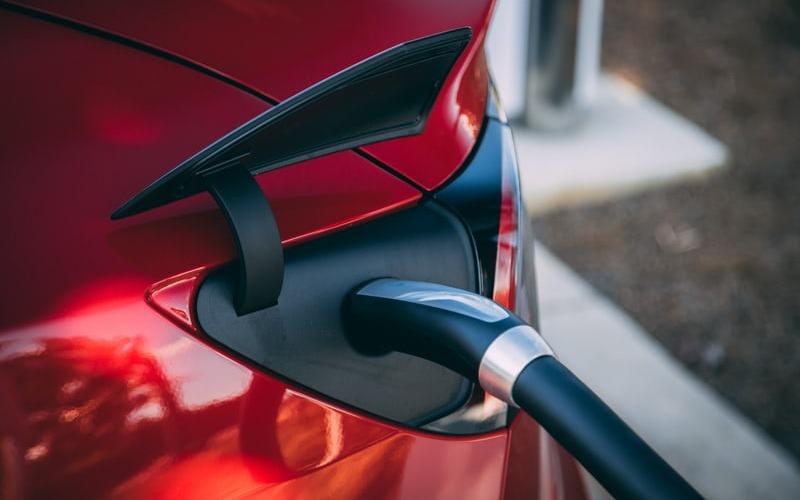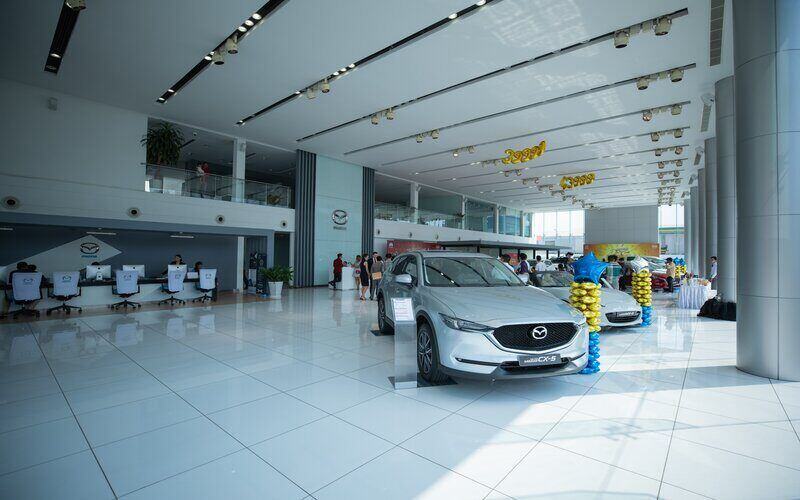After recording the largest ever monthly decline in April at 48.5%, May's data represents another blow to the industry, down 35.3% on new car sales.
In total, 59,894 cars were sold in May 2020, down from 92,561 in May 2019.
This represents the largest drop in May sales figures since VFACTS statistics began recording in 1991.
FCAI chief Tony Weber said the automotive market has been under pressure for some time.
“May 2020 is the 26th consecutive month of negative growth for the market, and the causative factors are well documented - droughts, floods, bushfires, tight lending conditions, unfavourable exchange rates, and political uncertainty," he said.
“Now, we add to that the devastating effect of the COVID-19 pandemic over the past three months. While COVID-19 is primarily a health crisis, it has brought about an economic crisis as well.
"These are difficult times for the global and domestic economy, and this of course has repercussions for the local sales sector, including the automotive industry."
However, despite the overall decline, electric and luxury cars are seeing their time in the sun.
For example, in the VFACTS data, which FCAI reports on, in all sectors in May 2020, 221 electric vehicles were sold, compared to 172 in May 2019 - a 22% increase.
Luxury SUVs are also increasing their market share, with 'luxury' being counted as the upper brackets for the vehicle segment.
While overall sales volumes were down, luxury SUV sales increased market share to 7.9% of total sales, up from 6.5% in May 2019.
This was aided in large part by the medium SUV segment, which houses the Porsche Macan, Volvo XC60, Audi Q5 and other similar vehicles.
Restrictions ease in time for EOFY sales
COVID-19 restrictions are starting to ease across many states, and FCAI said last week that many dealerships are open for both sales and service.
Today, Mr Weber said that dealers have recorded an uptick in floor traffic through dealerships.
“Anecdotally, we may be beginning to see some ‘green shoots’ in the marketplace," he said.
“Additionally, we are hearing from some brands that website traffic is on the rise – a sure sign of increased purchasing interest.
“And finally, brand End of Financial Year campaigns have started, meaning the opportunity to snare a bargain has increased significantly.
“So if you are in the market for a new vehicle, now’s the time to visit your local dealer.”
Experts are saying it's reasonable to negotiate up to 15% off the price of a new car.
FCAI is also urging small businesses to look at the increased asset write-off scheme and to get in before 30 June.
“The instant asset write off initiative has real potential to help stimulate the market, and we would like to see it extended in its current form beyond 30th June 2020,” FCAI chief Mr Weber said.
Car subscriptions muscle in
Rather than own a car, more people are flocking to car subscription services as a more permanent solution.
Carbar commissioned a survey and found 80% of car subscribers intend to keep their car for more than a year, while 30% said they'll hold onto it indefinitely.
The service's co-founder and chief Des Hang said the car subscription market is young but growing rapidly.
“Car subscriptions have only been in Australia for 18 months," he said.
"We forecast there are several thousand Australians subscribing to a car, meaning that now is the perfect time to gather meaningful data on how this new business model has affected access to a vehicle.
“What this study tells us is that car subscriptions are emerging as a genuine replacement to car ownership in Australia.
"They look to be overtaking loans and leases as a preferred means of car access.
"Consumers however, are still willing to pay cash to own their car.”
A car subscription service charges a weekly fee to access a car, and this fee includes registration, maintenance, insurance and roadside assistance.
For example, at the time of writing, Carbar has a 2019 red Mazda 3 for $189 per week with a $1,764 upfront fee.
RACQ also releases an annual report into total car expenses, which calculates for depreciation, fuel, loan servicing, tyres and maintenance, and found a Mazda 3 G20 Pure 2.0L hatch comes out at about $167 per week.
Carbar calculates that owning this vehicle would cost $253.90, however, and two thirds of the survey respondents who have their primary vehicle leased or loaned found a subscription to be similar in expense or more affordable.


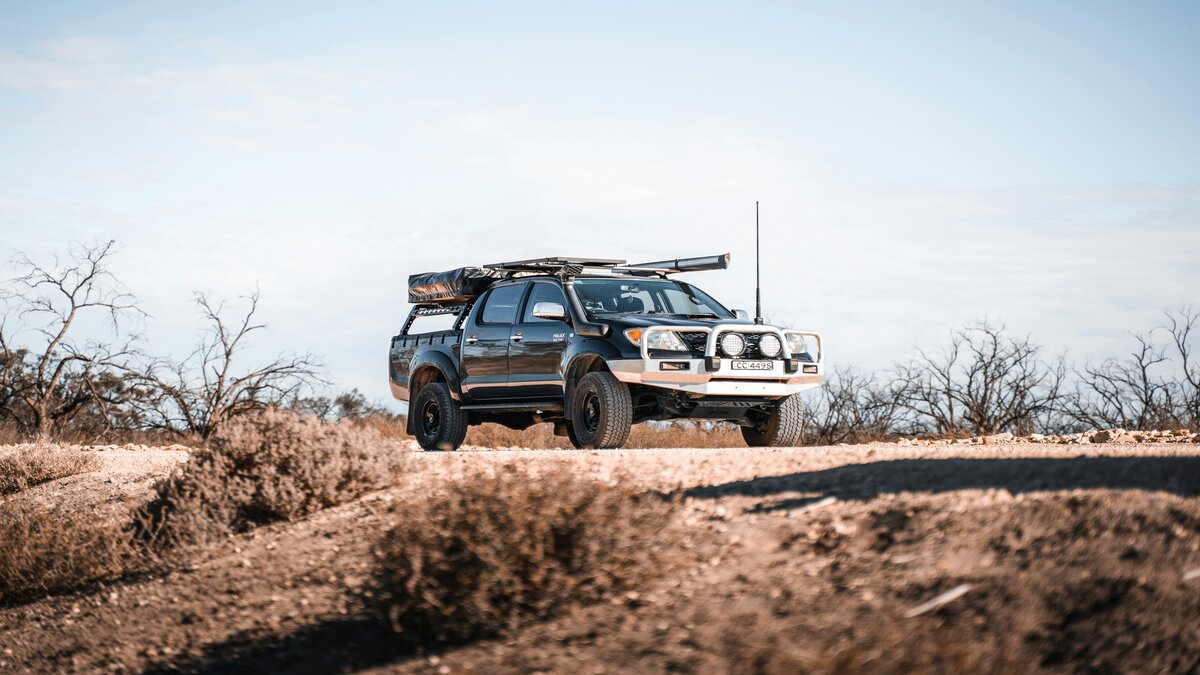
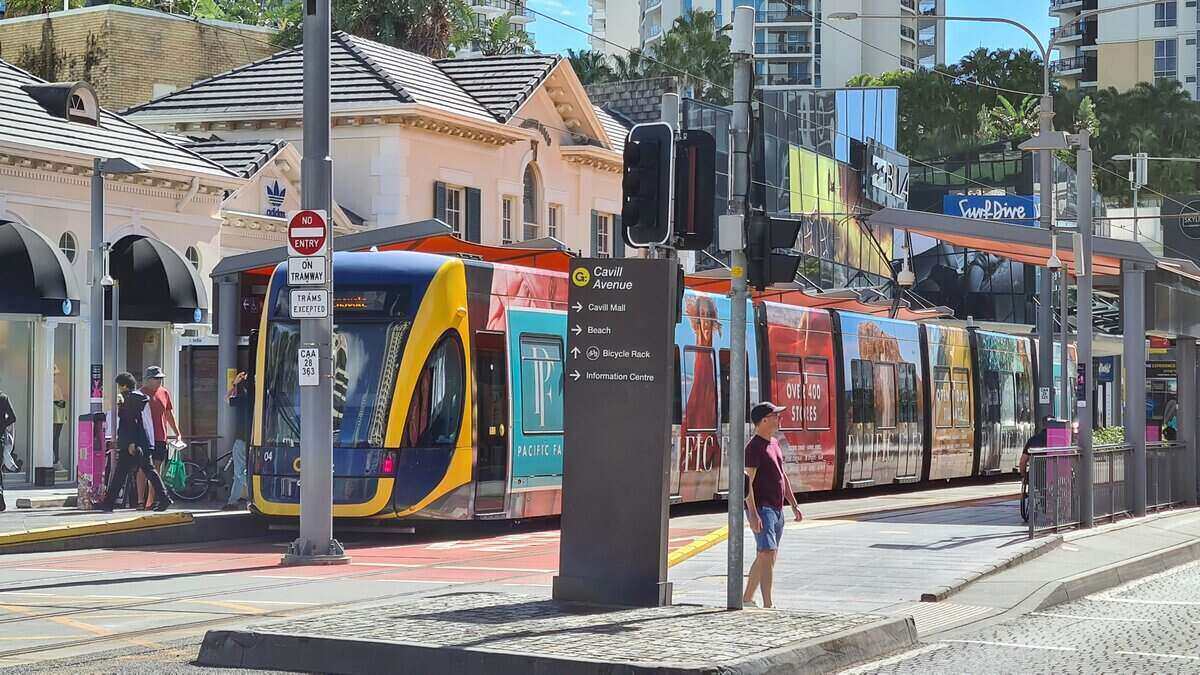
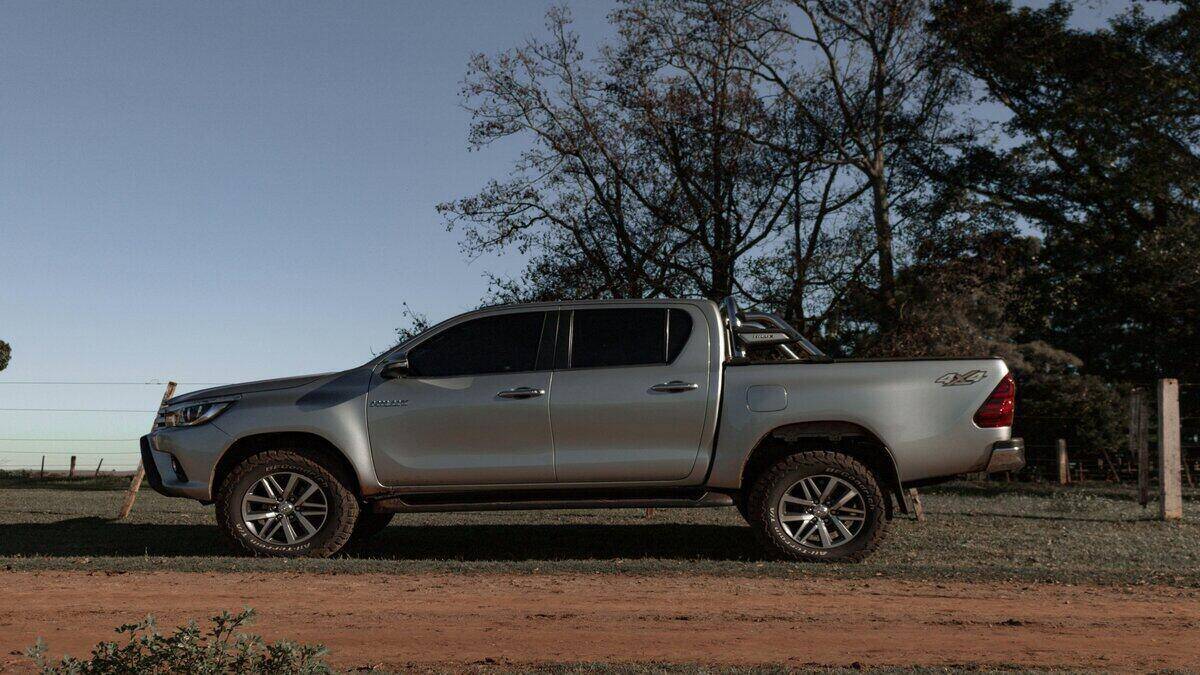
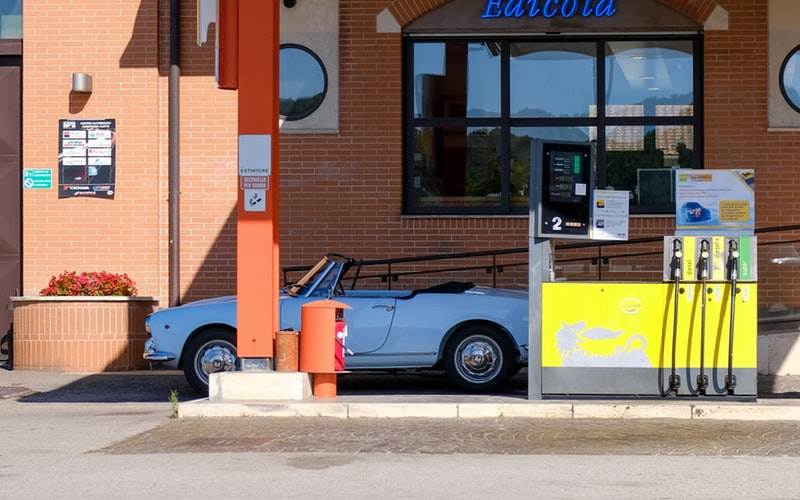
 Harrison Astbury
Harrison Astbury

